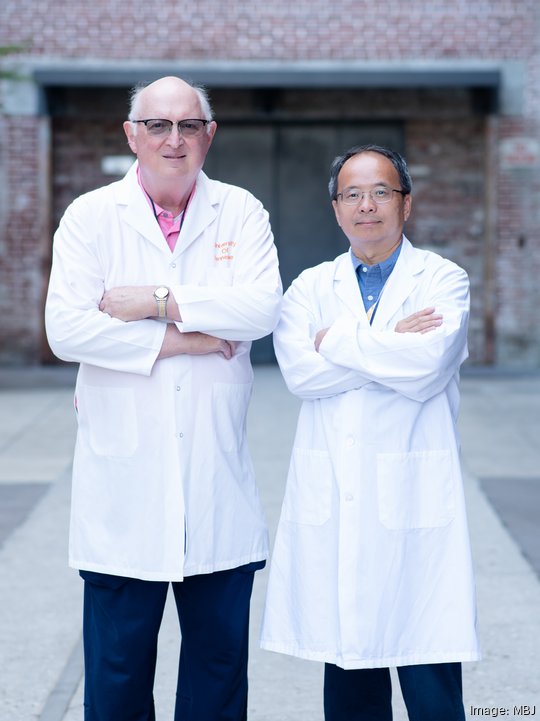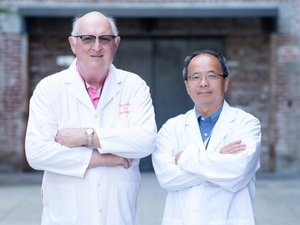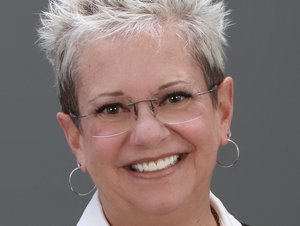
A significant challenge in breast cancer care is treating metastasis, the cancer’s spread to another part of the body. Spreads to the brain and bones can be particularly difficult to combat, and many mainline therapies — including conventional chemotherapeutic drugs — can have low levels of brain penetration and long-term side effects.
A team of researchers at the University of Tennessee Health Science Center (UTHSC), however, is looking to find new treatments to combat breast cancer metastasis. And it’s just received a grant from a major organization to buoy its work.
The group has earned a $3.07 million grant from the National Cancer Institute (NCI) to develop a new series of drugs targeting microtubules to stop the spread of breast cancer to the brain and bone.
Wei Li, Ph.D., a professor of Pharmaceutical Sciences and director of the Drug Discovery Center in the College of Pharmacy, and Tiffany Seagroves, Ph.D., a professor of Pathology in the College of Medicine, are the principal investigators on the project. The co-investigators are Duane Miller, Ph.D., professor emeritus; and Zhongzhi Wu, Ph.D., assistant professor, who are both in the Department of Pharmaceutical Sciences in the College of Pharmacy.
Li and Miller have spent more than a decade working to develop a new generation of tubulin inhibitors — chemotherapies that interfere directly with the tubulin protein system — for a variety of cancer types. Their collaboration led to an investigational new drug, sabizabulin, which suppresses primary tumor growth and metastasis in several types of tumor models. And in recent studies, they’ve found that modified sabizabulin compounds have high levels of brain penetrability.
Li and Miller were also honorees in MBJ's 2022 Health Care Heroes in the Health Care Innovations category.
The goal of the new project is to structurally optimize this class of compounds — or more specifically, analogs — for potency and the ability to penetrate the brain. They’ll also look to create novel analog drug conjugates by joining a cancer drug molecule to another molecule that preferentially interacts with a specific cell type in the body. And the effectiveness of these is set to be compared to a more conventional chemotherapy.
“The addition of a new generation of tubulin inhibitor to the existing panel of chemotherapeutic drugs could help to improve metastatic breast cancer patient overall survival and quality of life,” Li said in a press release. “In addition, patients diagnosed with other types of metastatic solid tumors in which tubulin inhibitors are currently standard of care could also benefit.”
The NCI grant isn’t the only one related to cancer that UTHSC researchers have received recently. Earlier this month, Seagroves scored a $1.15 million grant from the U.S. Department of Defense (DOD). That grant could also expand treatment options for breast cancer metastasis.
And another team that includes Li and Miller received a $924,000 grant from the DOD for the development of a new ovarian cancer treatment.
According to MBJ research, UTHSC is the second-largest research institution in the Memphis area, behind St. Jude Children’s Research Hospital. In FY 2022, UTHSC earned a record $132.9 million in grant and contract awards, marking the sixth-straight year it had seen an increase.









